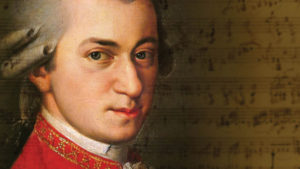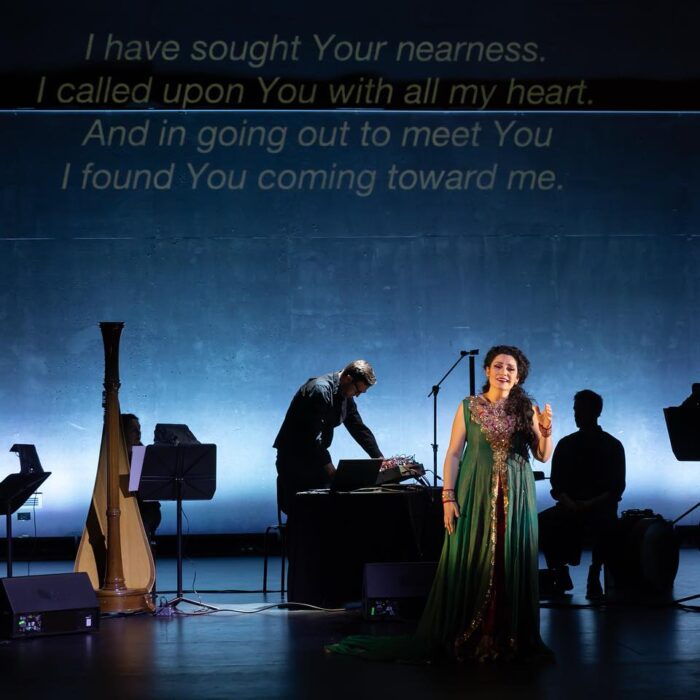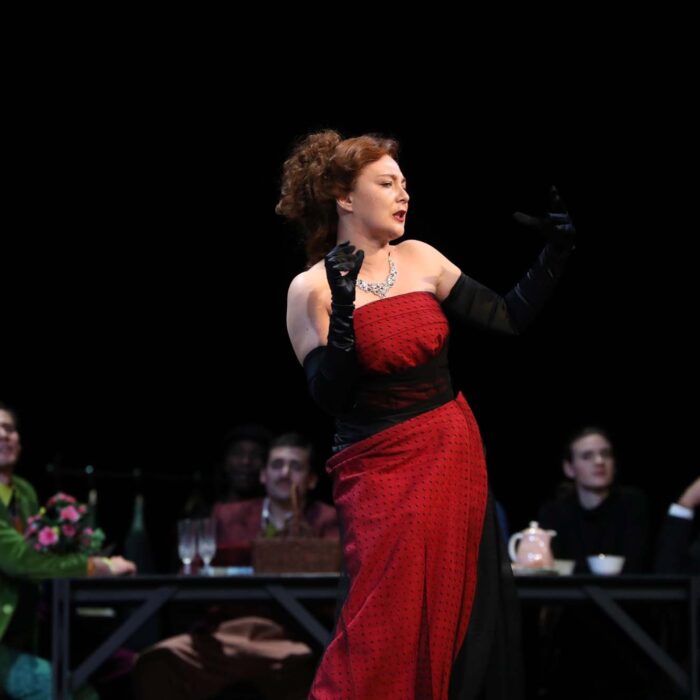
On This Day: 4 Ever-Fascinating Operatic Characters From Mozart’s Treasure Trove of Complex Beings
By David SalazarMozart’s operas are collections of some of the art form’s most iconic characters. A survey through the works of classical music’s most iconic creator, who turns 261 on Jan. 27, will reveal one complex being after another. The lengthy list is unlike any other in perhaps any art form.
Every character shines brightly in a Mozart character, whether he be the titular Don Giovanni or the maid Despina in “Così Fan Tutte” or the even a smaller role like Barberina in “Le Nozze di Figaro.” There is simply no such thing as a small part in a Mozart work.
To celebrate the composer’s birthday, here is a look at some of our favorite characters in Mozart’s operas.
Leoporello – “Don Giovanni”
The Don’s loyal servant is quite a fascinating contradiction. He praises his master, following him around from place to place and keeping a detailed journal of his exploits like an obsessive fan before his or her preferred celebrity. Yet in many respects we see him despise his master, plotting to run away from him at the start of the second act and questioning some of his morally dubious decisions. We never really know what to expect from him. We laugh at his great fear but empathize with his moral ambiguity, which much reflects our own interest and disgust for the titular character. Consider that catalogue aria, in which Leoporello recounts his masters exploits. That music is so engrossing and yet the aria is so full of sexism that should revolt us.
The Queen of the Night – “The Magic Flute”
Papageno is usually the fan favorite, but the Mozart’s villainous character is among the most riveting in the repertoire. Aside from those fiendish arias that are definite showstoppers, the Queen manipulates the audience in a way no other character in opera does. Virgin audience members might empathize with her pain as the evening kicks off. Afterall, she does save the hero Tamino and promises to give her Pamina if he can help him find her. But as the story unravels, she pulls off the “Psycho” twist, showing her murderous side when she tries to goad her own daughter into murdering the benevolent Zarastro. She might not be as outwardly evil as Iago or Scarpia in the operatic canon, but her snake-like qualities make her more imperious and dangerous.
Susanna – “Le Nozze di Figaro”
The title of this opera should have reflected the genius of women, who are undeniably the true power holders in this work. While the plot follows a society ruled by men in which women are but their objects, it is the women who implement change. Figaro is a failure in all his actions throughout the evening and the Count, for all his power, is stripped of it at every turn. Cherubino, the young boy sung by a woman, is mostly a tool throughout the night while Don Basilio and Don Bartolo are cheerleaders on the sidelines. The Countess plays her part to ensure the necessary outcome and even Marcelina continually acts out on her needs and desires.
But Susanna is the true mastermind. She knows about the Count’s plans well before anyone does and she continually gets out of one jam after another using wit, charm and an ever-surprising array of brilliance. From her versatile musical language to faking illness to seducing the Count to hiding in the closet to talking back to an insulting Marcelina, Susanna is one of opera’s most resourceful and intelligent characters and it is impossible not to appreciate her.
The Pasha – “The Abduction from the Seraglio”
One of the defining features of a great Mozart character comes from the music itself. Susanna’s music for example shows off her versatility while the Queen’s is as treacherous as she is.
But the Pasha has no music. He is a spoken part. And in an opera with great musical range, his character presents a fascinating juxtaposition. The Pasha can be cruel and tyrannical, but at his core he is dealing with something he is not used to – not getting what he wants. He is frustrated in love and has no idea how to change that minor obstacle in his way. He gets little stage time, but the few moments that Mozart allows always make him the focal point. That he learns to give up his love for her sake, shows us a character that has truly come to terms with his limitations and has a true understanding of love.


